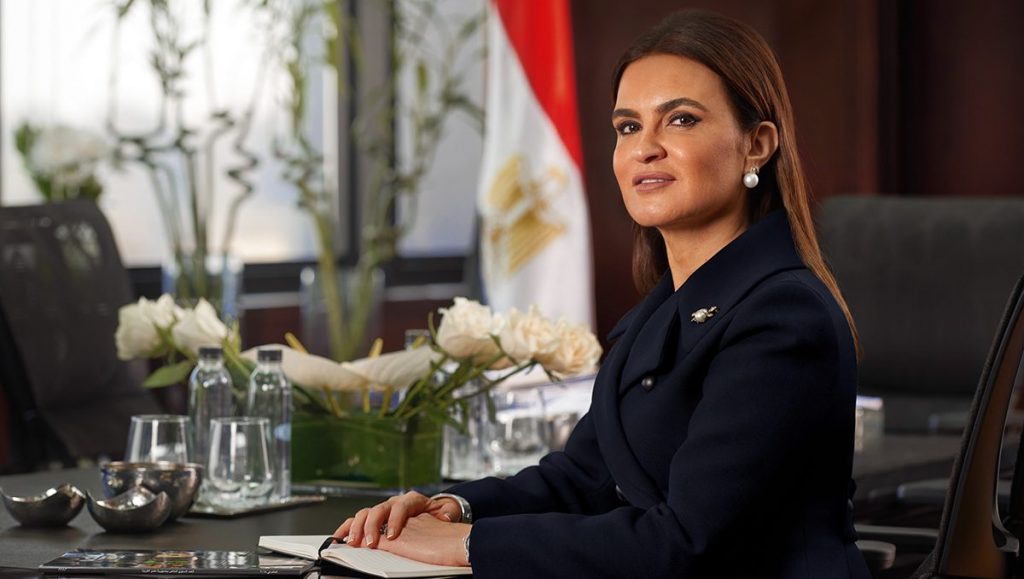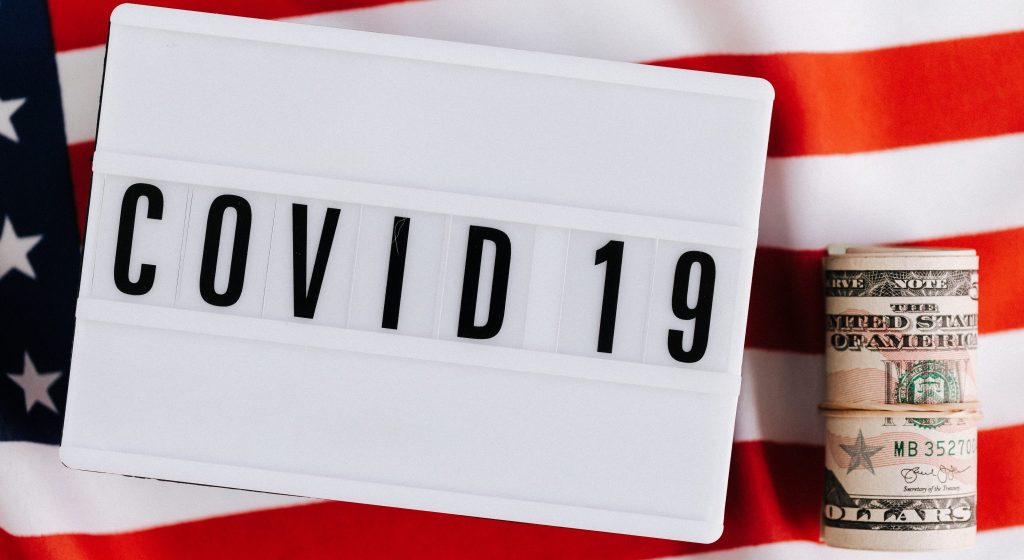The idea of issuing Islamic bonds, better known as sukuk, in Egypt has been nearly nine years in the making. In April 2012, experts speaking to Business Monthly warned against rushing into such products, yet highlighted their necessity. “Leave these decisions to the future government,” Sherif Delawar, a finance professor at the Arab Academy for Science and Technology, said at the time. “They need to have the option to determine what is best for Egypt.”

Sukuk didn’t resurface until 2018, when the current administration announced it would start drafting a law. At press time, the draft law was not ready for Parliament to approve. “I am not sure why it is taking so long,” says Amr Elalfy, head of research at Prime Holding. Despite the lack of clarity, five companies are at various stages of using products compliant with sharia (Islamic law). In 2020, sukuk issues topped EGP 5.1 billion ($324.4 million) from three of them.
For 2021, Sayed Abdel Fadeel, head of the Central Department for Corporate Finance at the Financial Regulatory Authority (FRA), told media outlets he forecasts EGP 10 billion in issues along with a law and its executive regulations.
The news comes as international experts predict a rise in sukuk issues this year after a somewhat downbeat 2020. “Issuance from the first-time sovereign issuers, financial institutions and corporates are to increase as they face challenging conditions and take advantage of the current lower funding cost,” wrote Fitch in its Global Sukuk Market Dashboard: 4Q20.
The longtime dominant players are the GCC countries with their pegged currencies and fast-paced growth prospects (See Regional Focus). That could pose a challenge for Egypt, given the currency exchange risk. On the plus side, that could result in higher yields for Egyptian sukuk, which might attract less risk-averse investors, assuming domestic issuers are willing and have suitably profitable projects.
Islamic tool

The Organization of Islamic Countries’ Fiqh Academy authorized current versions of sukuk in 1988, with Malaysia Shell MDS becoming the first issuer two years later. By purchasing sukuk, investors become partners in specific projects until maturity or when they sell their stake on an exchange. During that time, they likely will profit but could also share in losses. The relationship between parties and the payout terms and conditions are stipulated by the type of sukuk, which is governed by Islam’s trade principles and concepts.
By 2001, sukuk had attracted international investors as an additional innovative and unique investment tool. Leading issuers as of 2019 are Southeast Asian countries with $303.3 billion, the GCC ($204.5 billion), and the Middle East and South Asia ($19.1 billion). Africa trails with $1.8 billion in outstanding sukuk assets, according to Statistica.
In Egypt, there are 3 million depositors with access to sukuk and similar products, said Abdel Fadeel. Deposits in sharia-compliant accounts neared EGP 280 billion in 2019, up from EGP 42.9 billion the previous year. Sukuk-eligible bank branches account for 6.2% of the total number of branches nationwide, noted the FRA official.
“Those 3 million investors will most likely invest in sukuk when the right opportunity arises,” Abdel Fadeel told Daily News Egypt last April. Finance Minister Mohamed Maait said in a statement “the move will usher Egypt into the Islamic finance world,” stressing the aim is to diversify the government’s financing sources. That would invariably attract a new category of investors to Egypt.
First entrants
Despite the absence of a law and executive regulations, several private companies have issued sukuk. In 2020, the Arab Company for Projects and Urban Development (ACPUD), a subsidiary of Talaat Moustafa Group Holding (TMG), issued EGP 2 billion in sukuk that will mature after 57 months. They are tradable on the exchange, but not convertible to stocks.
The money will finance TMG’s prime development, called Open Air Mall, in Madinaty, according to a statement. The sukuk is structured as al-ijara, where a third-party special purpose vehicle (SPV) uses the proceeds to purchase project assets from ACPUD and then leases the assets back to them to operate. Lease proceeds pay back sukuk holders and cover the SPV’s administrative costs over the lifetime of the issuance. During this time, if ACPUD cannot make lease payments, the SPV has the right to sell the assets to repay sukuk holders.
In December, the FRA approved Cairo for Investment and Real Estate Development (CIRA)’s EGP 600 million al-ijara sukuk, which matures after 82 months. It is not known how the sukuk will be used, but the company builds schools and education facilities under a variety of brands.
The third outfit to seek sukuk in 2020 was Sarwa Capital, with EGP 2.5 billion issuance to fund Contact Credit and other subsidiaries; the bonds will mature after seven years. Sarwa’s sukuk, to be offered in a private placement to institutional investors, is structured as al-mudarabah. In it, a special purpose vehicle will use the sukuk proceeds to buy assets that Sarwa Capital will request and manage. Profits will go to both the sukuk holders and Sarwa Capital for managing the assets.
This year might see real estate developer Amer Group gain approval and issue sukuk during the first quarter. According to Abdel Fadeel, the EGP 1.5 billion issuance will likely combine al-ijara and al-mudarabah models.
Also in the first quarter, the Egyptian aircraft leasing company CIAF Leasing announced it would restart plans to issue EGP 50 million in sukuk. The issuance had been scheduled for 2020, but COVID-19 lockdowns forced the company to postpone. CIAF chairperson Salah Hashem told the media they are waiting for air travel to recover and concrete news that governments have the COVID-19 virus under control.
Lastly, an unlisted, unnamed agriculture company also may offer a EGP 250 million issuance, said Abdel Fadeel. “It shows the widespread local awareness of the benefits of using Islamic financing tools. It is not limited to listed companies,” he told Daily News Egypt . “I expect that by the end of this year, sukuk issues’ value would be double those in 2020.”
Booming tool
According to Fitch Ratings in its Global Sukuk Market Dashboard 4Q20 report, the worldwide lockdowns for most of 2020 didn’t affect sukuk issues much. Offerings from the GCC, Malaysia, Indonesia, Turkey and Pakistan dropped 1.9% to $41.3 billion in 2020 compared to 2019.
Fitch is optimistic issuances will recover in 2021, especially after the normalization of relations between Qatar and the rest of the GCC. “Regional stability could lay the foundation for both issuer and investor confidence going forward,” wrote Darryl Yu, deputy editor at The Asset, an investment-focused publication in Hong Kong, in January. Standard & Poor’s estimated global sukuk issuances by the end of 2021 could be $140 billion to $155 billion, compared to $139.8 billion last year.
According to the global ratings agencies, sovereign funds will likely drive most investments. “Governments are … expected to continue tapping into the sukuk market despite a potential decline in financing needs, although transactions are still expected to fall short of historical levels,” wrote S&P in January.
Yu noted that “green or sustainable sukuk […] will also play an important role in further growing the global sukuk market this year.” Those Islamic bonds take into consideration economic and environmental sustainability. Accordingly, that growth will likely come from new investors looking for more diversification, noted Fitch Ratings in its report.
The credit-rating agency noted that “sustainable sukuk” issues had reached $7.2 billion by the end of the third quarter of 2020. In the fourth quarter, Malaysia-based Cagmas’ $108.4 million sukuk focused on sustainable low-income housing, while Saudi Electricity Co. took $1.3 billion in green sukuk to fund clean-energy projects. Indonesia offered a $750 million green sukuk issuance as part of a larger $2.5 billion financing plan.
Avoiding the pitfalls
The benefits of issuing sukuk are undeniable, said Abdel Fadeel. However, getting it wrong could be problematic for the issuing company. In April 2020, the UAE’s Dana Gas announced it would sell its Egyptian asset, Block 6 natural gas field in the eastern Mediterranean, to pay the project’s outstanding sukuk. The decision came when oil prices were crashing and COVID-19 was threatening the global economic outlook.
In its end-of-year sukuk report, Fitch warned that while individual projects may get favorable ratings, more and more issuers have an overall negative outlook. “The proportion of sukuk from issuers with negative outlooks increased sharply to 23.4% in 2020, up from the 1.5% in 2019.” That would create more volatility and uncertainty over new projects’ success, hurting the prospects of new issuers.
Elalfy stresses that as Egypt’s stature in the global sukuk market grows, it must learn some crucial lessons from the GCC. The first is to ensure transparency of all sukuk structures. Secondly, the Islamic bonds should be listed in different markets to ensure active trading, and they should be benchmarked against other sukuk issuances and indices, such as the Emerging Markets Bond Index.
The government and private sector also need to act quickly to benefit from low interest rates globally, which means lower yields on sukuk. Lastly, Egypt should “piggyback” on the environmental movement by issuing green sukuk, says Elalfy.
What happens now
Abdel Fadeel noted the government is still tweaking the sukuk law. “We are now looking at including more investment models in the law to give future issuers more options,” he told Daily News Egypt. Current regulations include al-ijara, al-mudarabah, al-murabaha (Where a company sells a contract for the cost of the subject matter plus a profit) and al-musharakah (Where investors own an asset for a pre-specified time) sukuk. The plan is to add five more categories, said Abdel Fadeel.
So far, Maait, the finance minister, has not speculated on when the law would be ready. At a virtual press briefing in January, he said. That means that neither the government nor state-owned enterprises will likely issue sukuk for some time. After approval and ratification of the law, the ministry must then publish the executive regulations, all of which can take months.
That leaves the private sector. Elalfy is optimistic the number and value of issuances will increase significantly. Those sukuk will likely attract international investors, as Egypt may prove more appealing than GCC countries. “Such investors will be attracted to the multi-sector issuances in Egypt’s diverse economy, rather than confined to a select group of sectors in the GCC,” he says, adding that the other attraction is “higher-than-peers yield.”
What is missing, though, is government issuance. “It would be used as a key benchmark for other issuances,” says Elalfy. That would create a more stable and transparent market with fair pricing mechanisms, attracting more international investors. It would prove vital in increasing foreign currency inflows and domestic economic activity as the government confronts the financial fallout from COVID-19 in the years to come.
When?
They’ve rebranded. Confirm which arm is supplying the quote – market intelligence? ratings?
https://www.standardandpoors.com/en_US/web/guest/home







